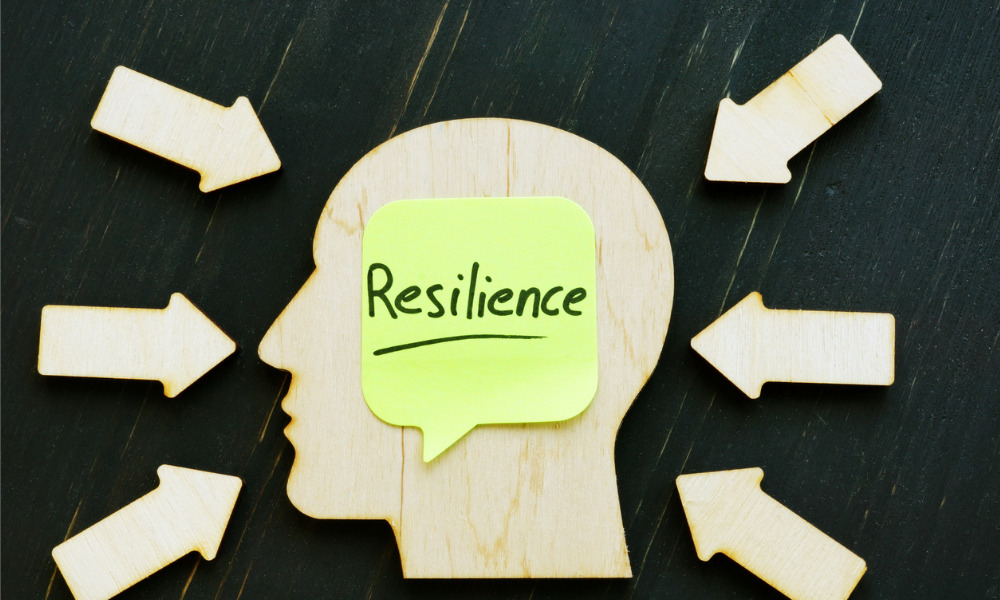Organizations that can withstand and bounce back from a crisis are resilient. They are better equipped to manage risks and uncertainties that come with operating in a complex business world. Building resilience at the organizational level is not a one-time effort but a continuous process that requires a strategic approach. Here are some lessons that can be learned from crisis management to build a resilient organization.
1. Develop a Crisis Management Plan
A crisis management plan is a roadmap that outlines the steps an organization will take to manage a crisis. It includes identifying potential risks, roles and responsibilities of the crisis management team, communication protocols, and post-crisis evaluation. Developing a crisis management plan involves a collaborative effort from various stakeholders within the organization and should be reviewed and updated regularly.
2. Invest in Employee Training

Employees are the backbone of any organization, and their preparedness is crucial in managing a crisis. Investing in employee training is an effective way to build resilience within an organization. Employees should be trained to identify potential risks, handle emergency situations, and communicate effectively during a crisis. Regular training sessions ensure that employees are up-to-date with the latest protocols and procedures.
3. Build a Strong Communication Strategy
Effective communication is essential during a crisis. It is crucial to have a clear and concise communication strategy that ensures timely and accurate information is shared with all stakeholders. An effective communication strategy should include designated spokespersons, communication channels, and messaging protocols. It is also important to have a plan in place to manage misinformation or rumors that may arise during a crisis.
4. Foster a Culture of Resilience
Building a resilient organization is not just about having a crisis management plan or investing in employee training. It is also about fostering a culture of resilience. This means creating an environment where employees feel comfortable sharing their concerns, ideas, and feedback. It also involves encouraging innovation and continuous improvement. A culture of resilience promotes adaptability, flexibility, and the ability to learn from past experiences.
5. Learn from Past Experiences
Post-crisis evaluation is an excellent opportunity to learn from past experiences and improve the organization’s resilience. It involves analyzing the crisis management plan’s effectiveness, identifying areas of improvement, and implementing changes. It is essential to involve all stakeholders in the evaluation process and use the insights gained to continuously improve the organization’s resilience.
Building a resilient organization is not a one-time effort but a continuous process that requires a strategic approach. Investing in a crisis management plan, employee training, effective communication, fostering a culture of resilience, and learning from past experiences are essential steps to build resilience within an organization. By taking a proactive approach, organizations can better manage risks and uncertainties and emerge stronger from a crisis.

